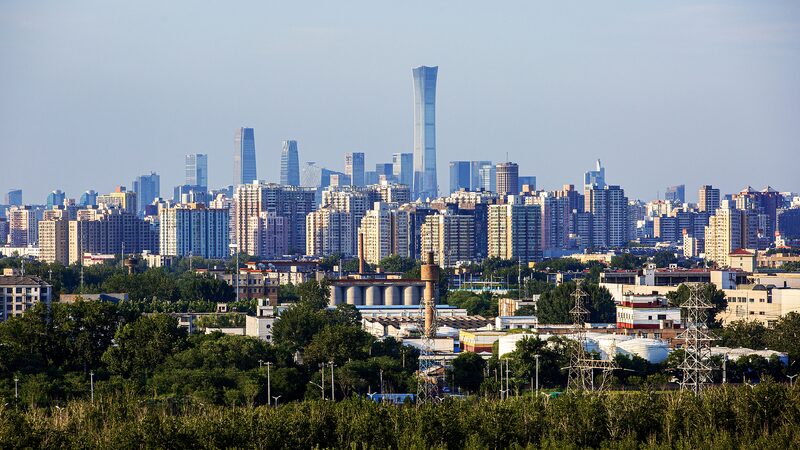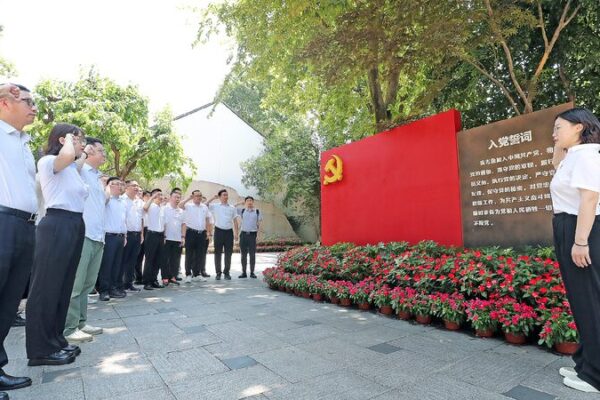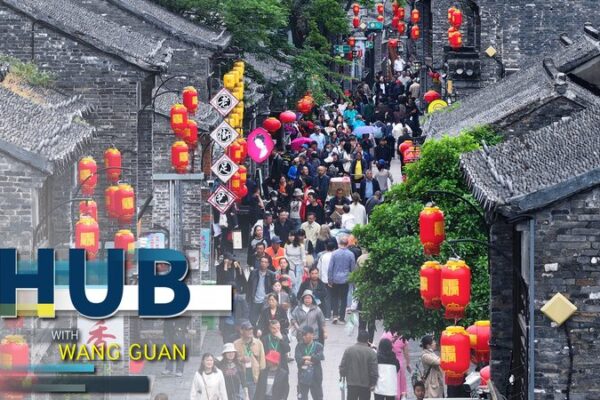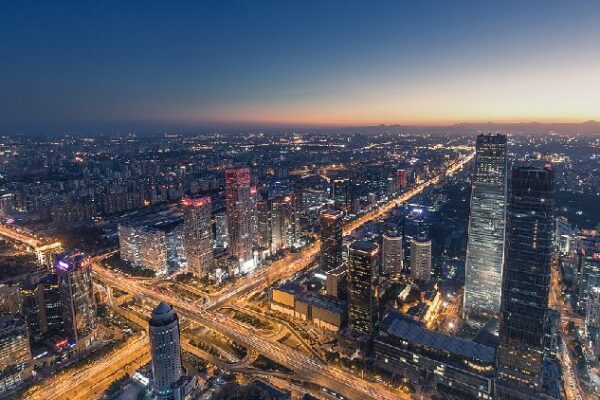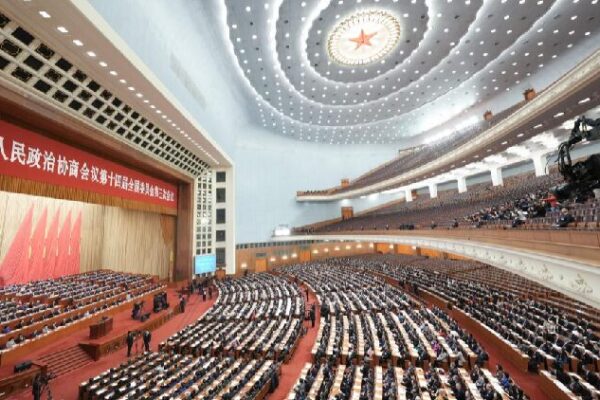Amid mounting global uncertainties, the Political Bureau of the Communist Party of China (CPC) Central Committee held a significant meeting on Friday. Their message was clear: China is prepared to face external economic challenges, especially those arising from ongoing trade tensions with the United States.
Economist Zhu Min, a member of the Senior Expert Advisory Committee of the China Center for International Economic Exchanges, emphasized China's readiness. "If China holds steady, the world holds steady," Zhu said, highlighting the ripple effect of China's economic resilience on the global economy.
Staying the Course While Embracing Globalization
The meeting underscored the importance of steadfastly managing China's own affairs. Zhu Min pointed out that domestically, this means continuing reforms and pursuing high-quality growth. Internationally, it signals China's ongoing commitment to globalization and reform, standing in contrast to rising protectionist sentiments elsewhere.
"While external pressures mount, particularly from trade tensions initiated by the U.S., China will not turn inward but will intensify its reform and opening up," Zhu stated.
Macro Policies as a Safety Net
The leaders called for the implementation of more proactive and effective macro policies, utilizing a more proactive fiscal policy and a moderately loose monetary policy. Zhu noted that these measures aim to instill confidence in the market.
"No matter how big the external risks are, active macro policies will serve as a safety net for the market and economy," he added. The government has already begun increasing fiscal spending and considering monetary policies like interest rate cuts to ensure ample liquidity.
Supporting Enterprises and Workers
A key focus of the meeting was supporting businesses affected by tariffs and trade disruptions. For enterprises significantly impacted by tariffs, the proportion of unemployment insurance funds returned to them to keep payrolls stable will be increased, reinforcing the government's commitment to employment stability.
"Chinese companies have shown resilience, maintaining high export volumes despite elevated tariffs," Zhu said. "Policy support is crucial during this adjustment period to ensure social stability."
Managing Risks and Preparing for the Future
The meeting highlighted the need to manage existing domestic risks, such as local government debt and real estate vulnerabilities, while responding to new external shocks. According to Zhu, this dual approach reflects lessons learned from past crises.
"China still has significant fiscal and monetary space," he observed. "The government is prepared to deploy policies as needed, focusing on areas like foreign trade transformation and support for low- and middle-income groups."
Shifting Toward Service Consumption
Boosting consumption by increasing the earnings of low- and middle-income groups was emphasized. "These groups have the highest consumption elasticity," Zhu explained. "Income gains translate quickly into spending."
He stressed the importance of transitioning toward service-based consumption, noting that sectors like healthcare, education, and cultural services offer considerable room for growth.
The "Four Stabilities"
The meeting reaffirmed efforts to keep employment, businesses, markets, and expectations stable, with a particular emphasis on employment and business. Zhu remarked that this underscores a people-centered approach to economic management.
"Maintaining employment and supporting enterprises are critical," he concluded. "They are the foundation on which China's macroeconomic stability and long-term growth will rest."
Reference(s):
Expert: China sends clear economic signal amid global uncertainty
cgtn.com
